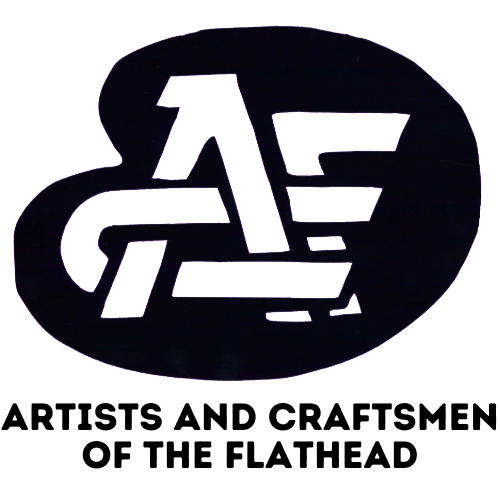Post by Carol Buchanan
Part 3: The IRS
Before I begin this short article dealing with the Internal Revenue Service (IRS), I freely confess that I am in no way an expert on either taxation nor the IRS. Therefore, I only offer general suggestions.
First, for many tax-related questions, consult the IRS website, https://irs.gov . It’s a well designed and clearly written website intended for an audience of people who know almost nothing about satisfying the tax collector.
Second, hire a Certified Public Accountant (CPA) for all your tax-related matters. There are many reputable CPA firms in the Flathead. If the information on the IRS website doesn’t answer your questions, a CPA can tell you whether or not your work qualifies as professional or hobbyist. Don’t depend on your friends to tell you; get your information from the professionals who work in the US taxation quagmire all the time.
Third, check everything I recommend in this article with a CPA, for your own protection. Again, the best source of information is https://irs.gov. But if the information on the website isn’t clear enough, check with a CPA.
IRS divides individual work into two categories: business and hobby. I did a search on the website for the difference between them. This link brought up exactly the information I was looking for: https://www.irs.gov/newsroom/know-the-difference-between-a-hobby-and-a-business
Even before you learn whether your work qualifies you as a businessperson or a hobbyist, I recommend setting up a clear division between the money you earn from your art or craft and the money that comes to you from any other means, such as a day job or an allowance.
When your business turns a profit you may be able to write off some of the previous years’ expenditures against your current income. (I don’t recall the exact number of years.)
Establish two bank accounts, one for personal income and expenditures, and another for income and expenditures related to your craft. Money you spend to develop your business, such as supplies for your paintings or your camera equipment, or the money you spend to create an attractive booth at the Christmas or Summer Show may be written off against the income from the show(s).
In my case, if I bought a new computer used exclusively for my writing, I probably could write off the cost of the machine, but again – here it comes – I’d check with my CPA. In any event, I maintain a clear separation between personal expenses and income and business-related expenses and income. I have two separate bank accounts and two separate credit cards.
One bank account and one credit card are for business, and the other two are for personal non-business related income and expenditures.
Again, if you can’t find an answer to your questions on https://irs.gov, check with a CPA to answer any questions you have about taxation.
My final nonprofessional recommendation: Keep good records. A skilled bookkeeper can advise you about record-keeping. Bank statements and credit card statements can be helpful records that you’ve already kept throughout the year.
As we enter the New Year, with tax time looming, do explore the IRS website. It’s an easily understandable treasure of federal income tax information.
And it’s free.

